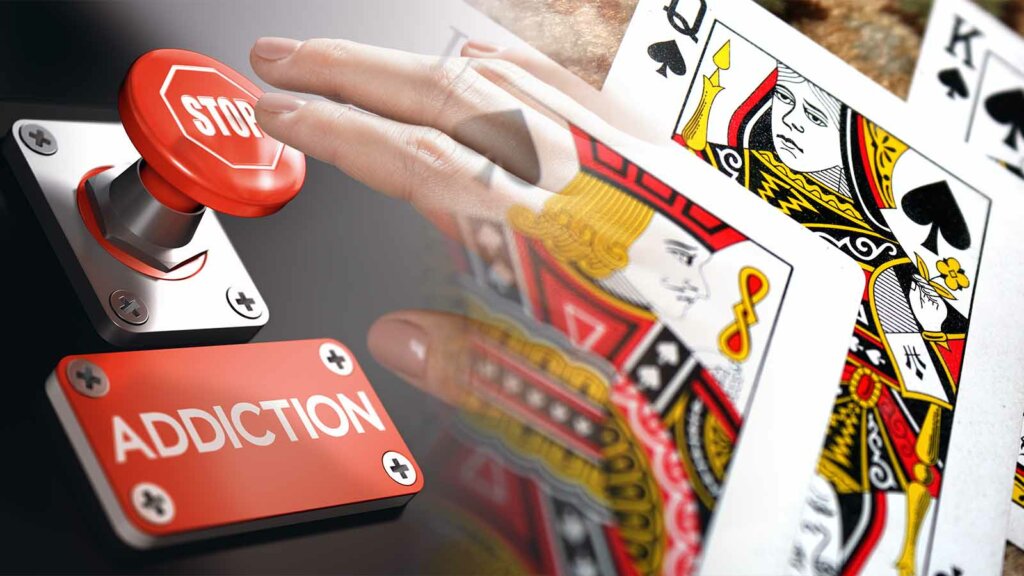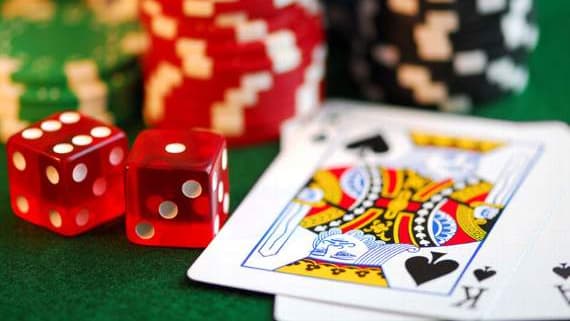Gambling Addiction Treatment
If you or a loved one suffer from pathological gambling gmudah, treatment is available. This
disorder can cause significant disruptions to a person’s daily life, including loss of
employment, financial ruin and damaged relationships. A residential gambling
addiction treatment program can provide an environment free from distractions that
allow the individual to focus on their recovery and repair any damage caused by the
disorder. In addition, the programs can help treat co-occurring disorders that may
have contributed to the gambling addiction.

A number of different treatments have been tested to help people overcome a
gambling addiction, but most involve some form of therapy gmudah login. Counseling or
psychotherapy, especially cognitive behavioral therapy (CBT), is often used because
it helps the individual identify and change irrational beliefs that lead to addictive
behaviors. In some cases, these thoughts may be linked to co-occurring mental
health conditions, such as depression or bipolar disorder.
Gambling addiction treatment is often more effective when the individual has
outside support to help them stay on track with their recovery. Whether this support
comes from friends, family members or a support group, outside help can keep the
individual motivated to continue with their treatment and hold them accountable for
making healthy decisions. Moreover, this type of support can also help the individual
cope with high-risk situations that increase the likelihood of a gambling relapse,
such as environmental settings (e.g. casinos, lottery outlets) and internal
discomforts (e.g. anger, boredom, stress).
Some gambling addiction treatment options include self-help interventions that are
accompanied by planned support from an individual who is trained to help with
these activities. These supports may be provided by helpline specialists, clergy,
community health workers or therapists. Other guided self-help approaches that
have been tested include information workbooks and self-guided activities paired
with a short, explanatory or instructional presentation.

Medications are also being studied in the treatment of gambling addiction, but none
have been shown to be highly effective as yet. However, some trials indicate that
medications such as escitalopram, lithium, nalmefene and valproate are able to
reduce gambling urges in some individuals. These medications are not currently
approved for use in the United States, but more research is needed.
A final method of treatment is a combination of self-help, cognitive behavioral
therapy and medication. This treatment approach is often successful in overcoming
gambling addiction. This treatment plan is typically designed with the input of the
individual and includes specific measurable goals so that the individual can track
their progress.
If you are struggling with a gambling problem, it is important to seek help as soon as
possible. While you may be hesitant to admit that you have a gambling addiction,
seeking help can help you restore a sense of control and heal any damaged
relationships or finances. If you are unsure where to start, contact a problem
gambling hotline for in-the-moment support or to learn more about treatment
options. This service is usually free and confidential and can point you in the
direction of a trusted recovery resource.